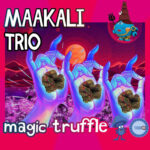With this wave has come a refreshed interest in different types of magic mushrooms, which contain the psychedelic compound psilocybin. One of the most well known and sought after species of is the Psilocybe tampanensis. Psilocybe tampenesis mushrooms are a popular psychedelic mushroom, famous for their ability to grow sclerotia, aka magic truffles. Due to lucky legal loopholes, in some countries magic truffles such as the Psilocybe tampanensis are legal. This means they have become the psilocybin source of choice for many scientific studies, as well as recreational users.

7 Psilocybe Tampanensis Myths Debunked
However, despite all the fanfare, furore and the cold hard facts, some people still find it hard to accept that a substance that their parents and teachers warned them against could actually be good. Great, even! It’s understandable. Those who never sought out mischief — or just didn’t get the opportunity — have never heard positive stories about psychedelics, let alone Psilocybe tampenesis mushrooms. About how they can open your mind, free you from anxiety, bring you closer to nature, give you a burst of love, and to top it off are just a wildly good time. Many people just hear the horror stories. The urban legends and fake news that fly around — that guy on acid who thought he was an orange! — etc, etc.
Stories like these are patently untrue, but they do the job of scaring the bejeesus out of teenagers who might be considering taking magic mushrooms like Psilocybe tampanensis. If you don’t have anyone with the facts to go to, how can you ever learn what’s what?
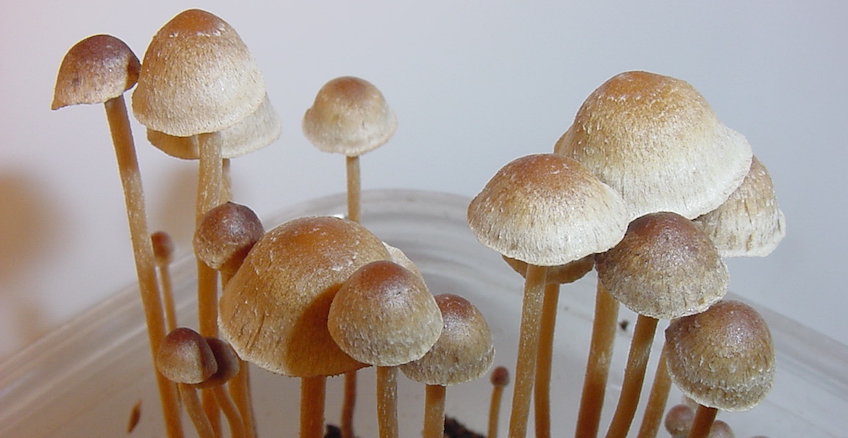
And so, we’ve collected and debunked some of the common myths about Psilocybe tampanensis and magic mushrooms and truffles in general. Only when you have the real facts can you make an educated and informed decision if Psilocybe mushrooms are for you. Read on while we bust some myths….
Myth 1: Psilocybe Tampanensis are Rare
This is not totally a myth. In the wild Psilocybe tampanensis mushrooms are rare, having only been found in Tampa, Florida and Mississippi a couple of times. However, in the magic mushroom cultivation world they are very common. This is because they are easy to grow, especially into magic truffle (sclerotia) form. It is not hard to find out how to grow Psilocybe tampanensis. Whether you want to learn how to grow Psilocybe tampanensis truffles or mushrooms, you can follow our guides for either magic truffles or PF Tek. This ease of cultivation means that Psilocybe tampanensis is a shroom you will happily come upon time, time again, when looking to take a trip.
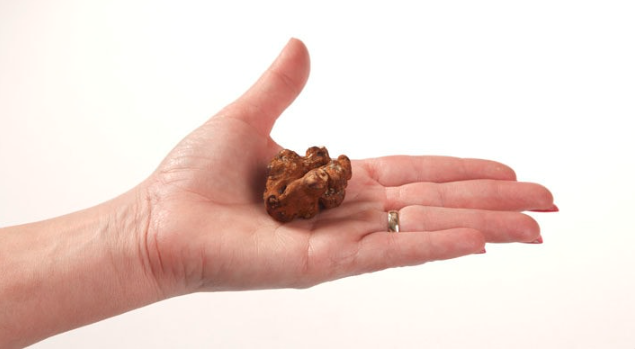
Myth 2: Psilocybe Tampanensis are Addictive
Despite the common belief that magic mushrooms are addictive, the science shows they are most certainly not. This idea came with the clumsy lumping together of psychedelics with all other drugs such as cocaine and heroin, which are habit forming. In fact, magic mushrooms are now being studied to treat addiction to other substances like nicotine or alcohol. If you need any more convincing, take the esteemed Professor David Nutt’s word for it;
“The United Nations say they’re addictive, the FDA say they’re addictive, the Misuse of Drugs Act says they’re harmful and addictive. These drugs are anti-addictive. They do not cause addiction. One of the reasons they are banned is because people said they were addictive when they’re not; they treat addiction. They don’t cause addiction. The reason they don’t cause addiction is partly because they treat addiction and partly because they produce a very rapid tolerance or desensitization and that occurs so fast that people stop using.”
Myth 3: Psilocybe Tampanensis Are Toxic
This is, quite categorically, false. Of course people do get poisoned by mushrooms, for example if they are foraging without a guide and mis-identify a shroom. But psychedelic mushrooms like the Psilocybe tampanensis are non-toxic, just intoxicating (and that’s a good thing!) In fact a recent study showed that magic mushrooms are the safest recreational drug — you can’t really overdose. Brad Burge of MAPS states;
“There is no known lethal dose for LSD or pure psilocybin,”.
It’s more sensible to worry about ‘overdosing’ on antidepressants, alcohol, or even salt!
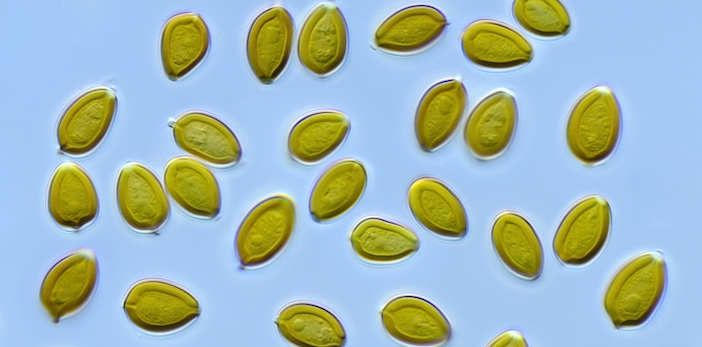
Myth 4: Psilocybe Tampanensis are Bad for Mental Health / Can Cause Mental Health Issues
A study published in the Journal of Psychopharmacology in 2015, categorically put to bed the idea that psychedelics, like Psilocybe tampanensis mushrooms, can cause mental health problems. In a sample size of over 19,000 psychedelics users, researchers found “no associations between lifetime use of psychedelics and increased likelihood of serious psychological distress.”. In fact a link was even found between psychedelic use and good mental health.
Of course this doesn’t mean that bad trips aren’t possible. If you go into your psychedelic journey feeling uncomfortable or unhappy, you may have a less positive experience. However, this is temporary. There will be no lasting negative psychological effects. And, in fact— people who experience so-called ‘bad trips’ often report positive changes and feelings in the aftermath.

But, there is a caveat here. That although psychedelics do not CAUSE mental health issues, they can potentially exacerbate ones that do already exist. For example, if a person suffers from serious schizophrenia it is not recommended that they take psychedelics. Any mental health condition that lessens your bonds with reality is probably not a good fit. But then, if you are someone suffering from schizophrenia it’s probably recommended you do not drink alcohol to excess either. In these cases, caution and common sense is needed.
Furthermore, research into the therapeutic uses of psilocybin has found they can help treat a diverse range of mental health conditions. It has been rushed through by previously sceptic organisations like the FDA as a breakthrough treatment. This is all very exciting for sufferers of: treatment resistant depression, depression, PTSD, OCD, addictions issues, postpartum depression, traumatic brain injury, end-of-life anxiety, general anxiety disorders, eating disorders, and more.
So, the signs are pointing towards Psilocybe Tampanensis actually being beneficial for mental health.
Myth 5: You Can’t Take Psilocybe Tampanensis if You Are Using Other Medications For Mental Health
For a while this myth has been the prevailing understanding about combining psilocybin with SSRIs. However, two that were published within weeks of each other at the end of 2021, indicate that this is actually not the case. You can combine SSRIs and psilocybin without negative effects on either substance!
Firstly by biotechnology company MindMed, who in November 2021 released data which showed how psilocybin and SSRIs interact in humans. The study was carried out by University Hospital Basel. They found that participants who were using the SSRI escitalopram still experienced the positive mood effects of psilocybin. They also had a reduced potential for the negative effects psilocybin can cause, such as anxiety, when compared with the placebo group.
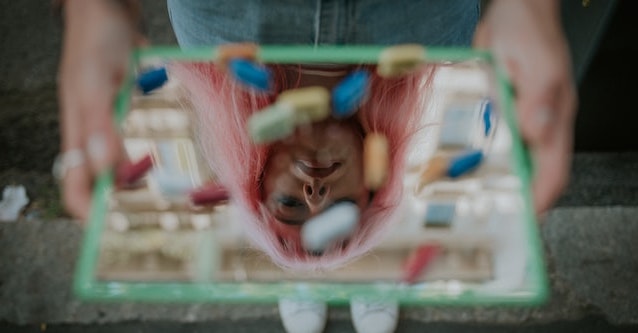
In the study, some participants were given either 10mg of escitalopram daily for seven days, then 20mg daily for the next seven days, including the day of psilocybin administration. The others, two weeks of a placebo until psilocybin administration.
Myth 6: Psilocybe Tampanensis Has No Lasting Effects
This is one of the most fascinating and promising elements in relation to magic mushrooms and mental health — the lasting effect. Even though your body metabolizes psilocybin within 24 hours, the fabled ‘afterglow’ is very much a real thing, with users reporting sustained good mood, long after the effects of the drug itself has worn off. Additionally, studies have found that even one psychedelic trip is enough to reset some people’s outlook on life, to a more positive spin, forever. Many people who have had psychedelic experiences rank them as one of the most important events of their lives.
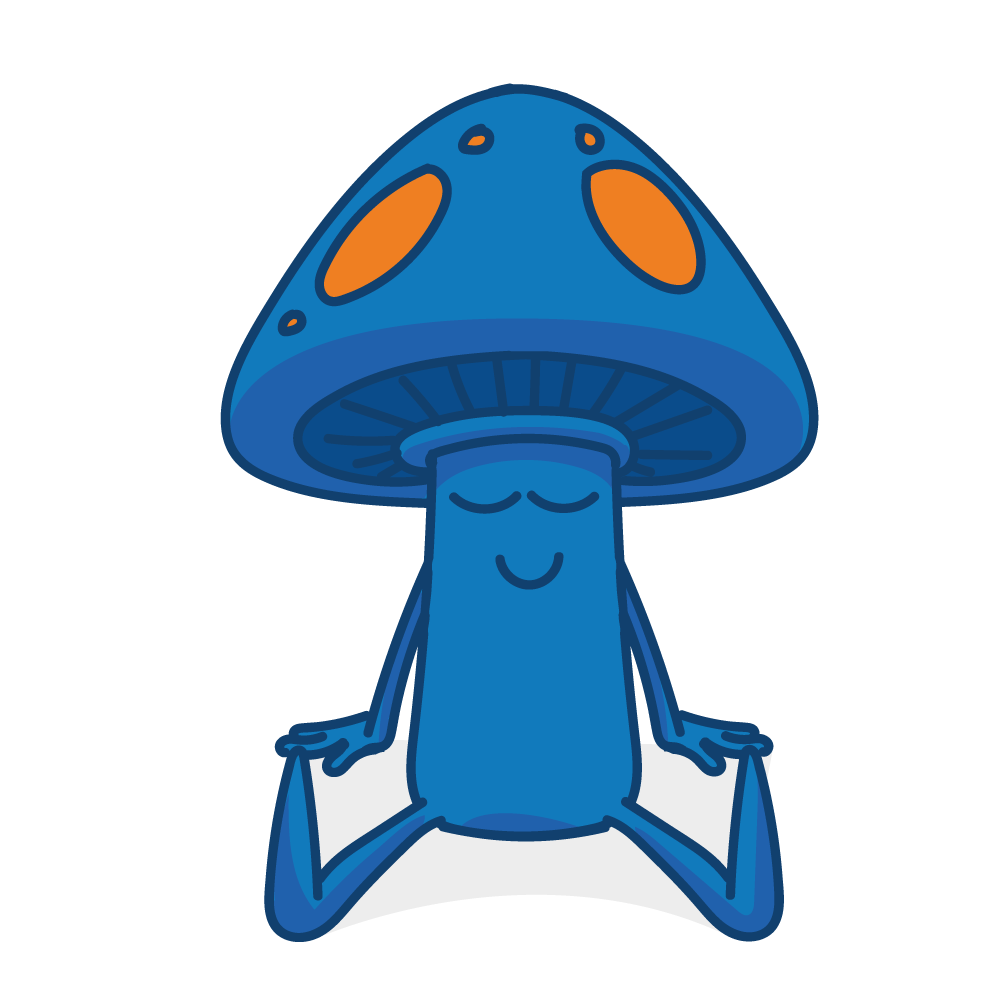
This is great news for those who are currently taking antidepressants or anti-anxiety meds. The dosage and the price is constant and can be damaging. Magic mushrooms like Psilocybe tampanensis can be taken much less regularly. In some cases people stop taking them when they feel they are in ‘remission’. This is something impossible with traditional pills.
Myth 7: Psilocybe Tampanensis is Just a ‘Party Drug’
This is a bit of a silly, outdated one. It’s an old misconception that magic mushrooms are ‘party drugs’. Sure, you can take them at a party. But, then it’s much more likely you and your shroomy friends will lie back and have some trippy heart-to-hearts and giggles, rather than dance the night away. By lumping them in with excessive drinking or stimulants like speed or cocaine, the powers-that-be made sure that psychedelics were not taken seriously as the medicines that they truly are.
In fact Psilocybe tampanensis are known as ‘philosopher’s stones’ for the very reason that they impart self knowledge and encourage deeper thought in the user. You can get a lot from a magic mushroom trip. For many people the trip itself is the party — though more of a spiritual, introspective kaleidoscope, rather than a rave.
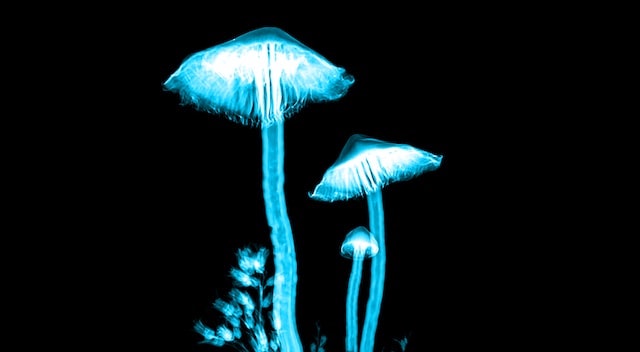
7 Common Psilocybe Tampanensis Myths Debunked: The Takeaway
- The psychedelic renaissance has revitalized research into the benefits of magic mushrooms such as Psilocybe tampanensis.
- Psilocybe tampanensis are rare in the wild but a common choice to cultivate at home.
- It is not hard to learn how to grow Psilocybe tampanensis.
- You can learn how to grow Psilocybe tampanensis mushrooms or truffles.
- Psilocybe tampanensis mushrooms are non-addictive.
- The Psilocybe tampanensis is non-toxic. There is no lethal dose for magic mushrooms or LSD.
- Psilocybe tampanensis can have a positive effect on mental health. This can range from a pleasant afterglow, to the treatment of mental health conditions such as depression.
- Research has found that you can take Psilocybe tampanensis when you are taking other medications such as SSRIs.
- Psilocybe tampanensis mushrooms can have lasting positive effects on mood and outlook.
- Psilocybe tampansensis is not necessarily a party drug. It is ideal for introspection, spiritual journeys, and of course, giggles.


